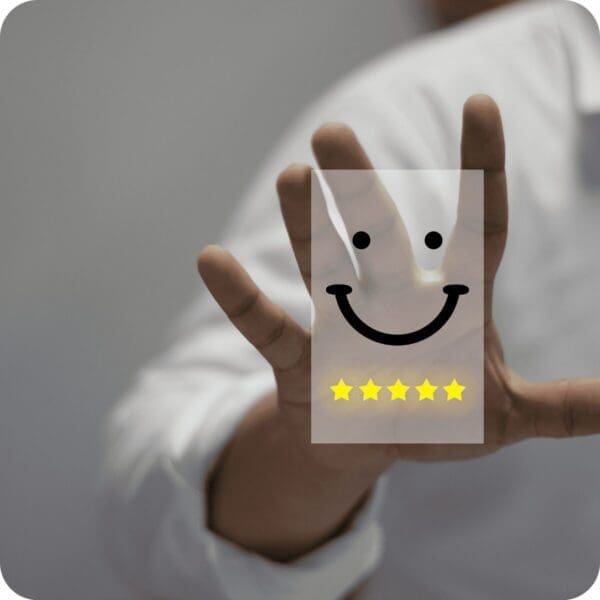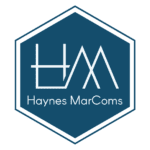 First things first, let’s establish what Customer Relationship Management is and why it’s important for the hospitality industry.
First things first, let’s establish what Customer Relationship Management is and why it’s important for the hospitality industry.
CRM is often the abbreviation for “Customer Relationship Management”. It’s as old as business. Where there’s business, there are customers, and managing the relationship between businesses and customers is essential for success. It is a part of all industries but is especially the hospitality industry. In an industry where the product or service you’re selling is looking after people, it is imperative that your relationship with the customer is close to perfect. How can this be achieved?
1: Get Feedback
In an industry where the customer is arguably the most important stakeholder, knowing what’s going on in their heads is important. How you collect this data and information can come in various forms. You can try talking to your staff. If you yourself are not in a customer-facing role, chatting to people who have “boots on the ground” can be a great well of knowledge. They’re the ones chatting to customers every shift and, if they’re doing their job right, will be listening to what customers are happy or unhappy with.
You can also gain feedback directly from customers. We’ve all seen the various feedback forms you can fill in from various hospitality businesses and for good reason – You need to know how the customer feels. Admittedly, there can be some bias and difficulties with the data gained. With direct feedback from customers, it tends to be the extremes of either end. Some customers are furious and would like to let their anger be known. Equally, really happy customers are more inclined to give feedback. The ones in the middle are indifferent but this is where your solution is to change the middling customer experiences to positive ones.
2: Have a System in Place
Not having a reliable CRM in place is close to inexcusable in a modern-day workplace. Organising a business is hard enough but not taking advantage of tools that can make your job easier leaves only yourself to blame. Finding a CRM System that works for you and around your business is the key to managing customers. You’ll want an adaptive CRM that has a wide range of tools to enable your customer-facing employees to perform at their best. If you run a hotel, you’ll need a VoIP integrated CRM that allows you to make phone calls anywhere in the world. A fantastic advantage to have if you’re a business with international customers. If you want to read more about CRM software, take a look at these CRM blogs.
3: Rectify Your Mistakes Twice Over
This ties in well with the first suggestion but needs a bit of explanation. Mistakes occur in every business, it’s a very human thing to do. What’s important is the way you handle and rectify these issues, especially in the hospitality industry.
Let’s paint a picture. A staff member in a restaurant has given a child a spicy meal instead of a plain one. A fairly human mistake to make but this doesn’t mean that there’s nothing to be done. The bare minimum would be to replace the inappropriate meal. But is this enough? No! Going the extra mile when mistakes like this occur is actually an opportunity to set your business apart from the rest. An employee that is on top of their game would replace the meal, apologise profusely and double down by offering a glass of milk or ice cream so that the child’s mouth is no longer feeling the spice. One thing to be cautious about here is to not be taken advantage of. If your reputation is good for recovering mistakes someone is bound to try their luck and try to take advantage.
4: Look The Part
In an industry where reputation is everything, looking the part plays a large role in your customer relationship management. Looking the part is a broad statement and with that comes subjectivity. The following suggestions are not exhaustive. Uniforms can play a large part in looking the part. Both for the customer and the employee, having a uniform on gives a sense of purpose and visual appeal to those wearing them. It’s an opportunity to personify your brand.
Maintaining your buildings both outside and inside goes a long way to looking the part. Your staff may be putting in their best efforts to provide a quality service but people will only notice and talk about how run down your establishment looks.
5: Stay in Your Lane
While this is quite a colloquial phrase, it has broad application to most areas of business. Let’s paint another picture. You’re a spa that has a fantastic pool, excellent masseuses, and a quality restaurant. Things are overall going well. You’ve built up an excellent reputation with your customers and you’re in tune with all their needs. Here is where one might be tempted to dip their business toe’s in foreign waters. Maybe you’ll add something a little outlandish to your complex, let’s say a sports facility.
On paper, this is a great idea. Your customers can now have a kick around before their gym and spa day. However, you’ve missed a trick here. Your customers are here to relax and are used to the finer things in life. To some, unfortunately, football and other sports are not what they want to see at their nice relaxing spa. To add to this, now you’re seeing some strange new customers come in. They’re young money but definitely have a different definition of relaxing compared to your current customer base. The money you spent on the new sports complex is now bringing in weird customers that don’t mix. To top it all off, the spa could really do with a few new pieces of equipment. The lesson here is not to not venture into new areas of business but to think with your customers in mind. As you should know, the customer is always right.
This article was written by Zac on behalf of Datalyse.



















